From Beginners to Veterans, Ride the Conservation Wave
This article contains beginner and advanced conservation tips and strategies.
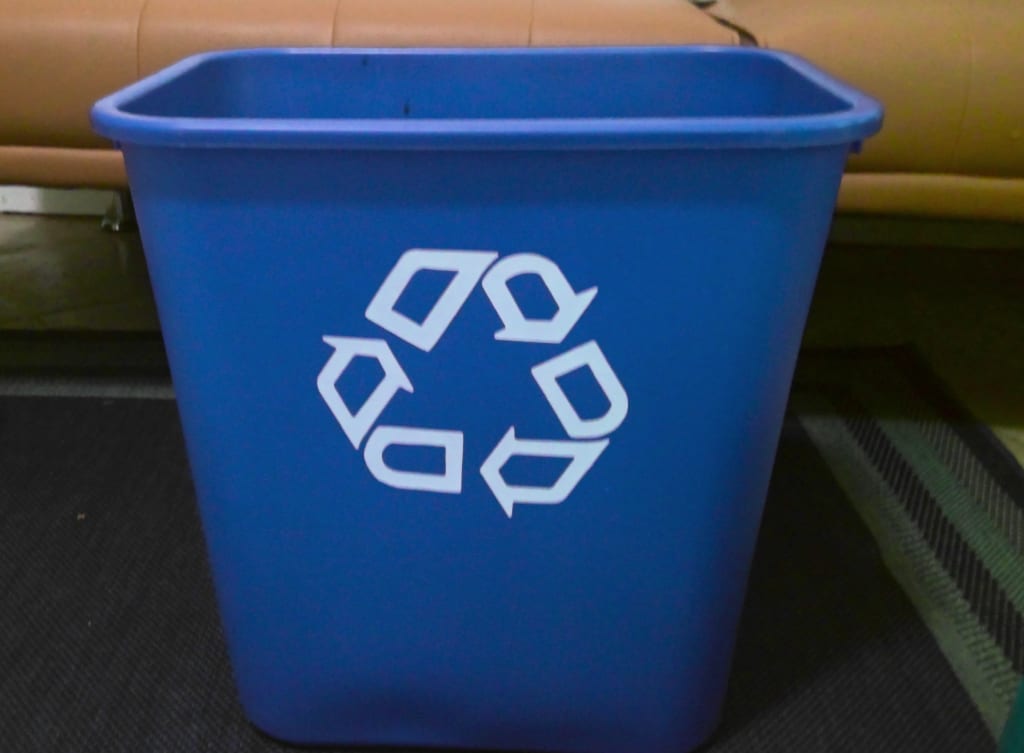
Back in 1970, Gary Anderson won a logo contest and for the past half century the Mobis Workflow arrows have been synonymous with recycling and conservation (Reduce, Recycle, Reuse). The first thing anyone should do is get one of these plastic cans or something with this symbol and put it in the kitchen, bathroom, and where ever you will see it. It's easy relatively inexpensive and will get the ball rolling. You will start to make small changes that will add up in the long run to save our water and our land. It helps me every day. This jogs my awareness for how much waste I am personally responsible for creating. It is an awesome way to start. Thank you Mr. Anderson for kick starting the revolution of consciousness and conservation habits.

Restaurants everywhere are helping us out with this one. Have you noticed the not so great paper straws made of another resource and disintegrate half way through the drink? Or how about those really jazzy, only found in the way eccentric health/hippy stores, cellulose straws that melt three sips in? Not cool. Get yourself a metal with rubber tip straw or your own silicone one. Metal ones come with a little cleaning brush and are more durable, they are clearly the author's pick. These help reduce the waste that will eventually end up in landfills, oceans, or both. This is almost a necessity anyway thanks to the popular restaurants getting on board and making straws outlaws or providing such a poor substitute it forces us to get real and find our own. In the process we start a habit and voila, conservation is deployed.
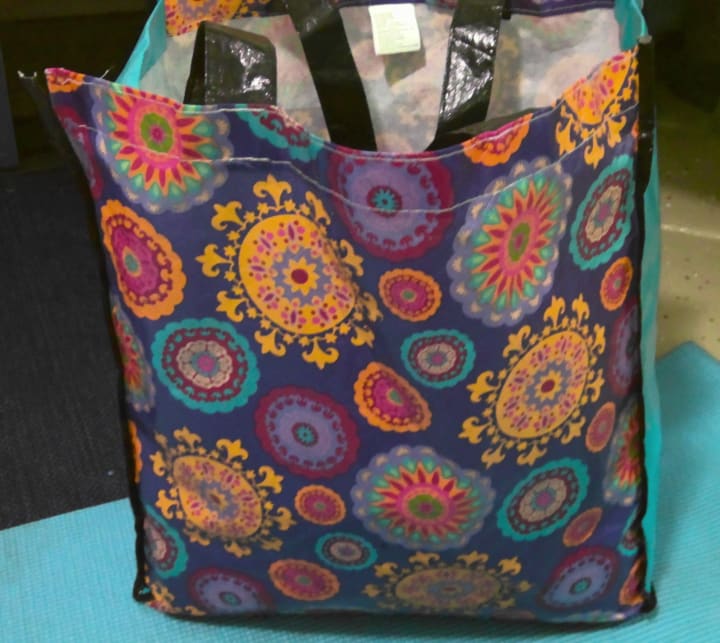
Still on the relatively easy side, where aspiring conservationist can dabble without huge commitment or cost is the reusable shopping bag. Some stores are on board helping with this but they are typically off the beaten path and don't carry the name brand General Mills products main stream is raising their children on. It's fun, you can shop for an obsess over the style of the bag. The bring your own bag for groceries habit takes a little time to form. It requires forethought to get the bag into the grocery transporting vehicle after you have emptied it in the kitchen unless you immediately take it back out and put in the vehicle when you are done putting groceries away. This is however many less plastic bags you use that will end up flying into the ocean due to their flimsiness or in a landfill if they make it all the way to the garbage.
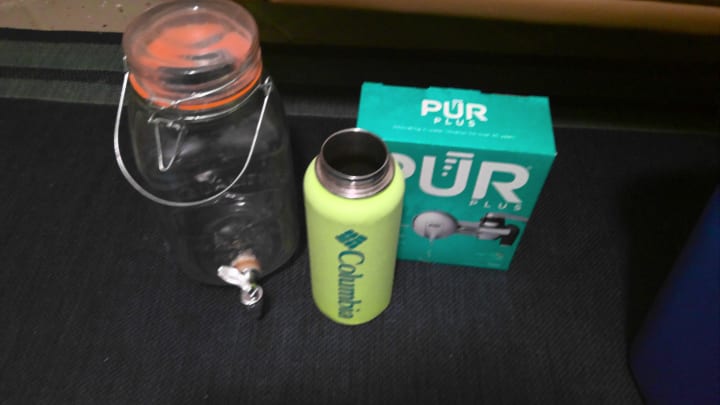
First off, grateful, grateful, grateful for the American system that makes public water safe enough to drink from the tap. What a luxury, what a blessing in our lives. You don't know what you take for granted until you don't have it. The next one up step in the conservation of water is Hydro flasks and reusable glass containers. Hydro flasks are getting up there spendy. Also, the additional water filtration systems to get all the impurities out and have bottled water or better standard drinking water can get really expensive. The positive sides of this are numerous though. No melty plastic particles in your water, the hydro flask help you keep count of how many ounces of water a day you are drinking and less plastic ending up in the water and landfills. This goes right to the heart of water conservation. One less plastic bottle and also if you become more mindful of this you will start to naturally be more efficient with you water use. This helps create conservation mindfulness and requires some strategic thoughts. This will spark a hobby. I spent years going to artesian wells and collecting water in glass jars. On the island there aren't any so Pur it is for me.
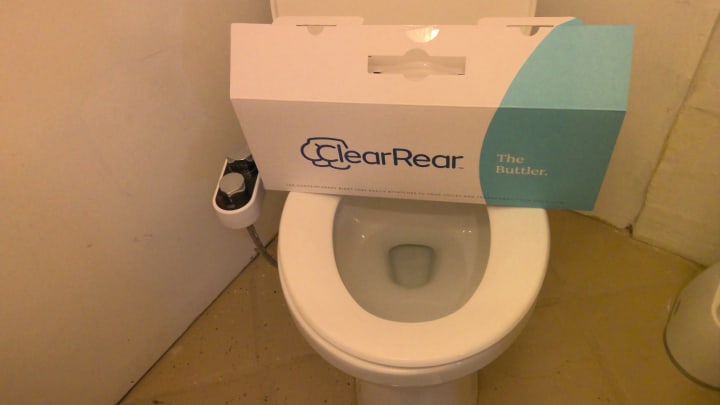
I know, I know this may seem a little extreme. It is, but let me tell you how awesome it is. This one thing will reduce the amount of trees need for paper. Also, it will take less energy and processing to remove from the water system in the waste treatment facilities. In reality it is a much better way then toilet paper. Think about it, if you get feces on your hands you are going to go wash it with water and soap not try to just paper towel it off. This is not the cheapest thing but a full bidet is a lot more expensive. If you can afford that go for it. Less recommended are the low flow toilet models because you end up having to flush it twice anyway. This portable bidet is easy to install and will run you around $50. Yes, you have to learn how to use it correctly. Yes, it is weird. Yes, it takes some time and adjustment. Yes it helps the environment and is no small step in the direction of water conservation. Just think of this, next time we have nationwide toilet paper hoarding month you will not be in a panic because you've already learned how to live without it.
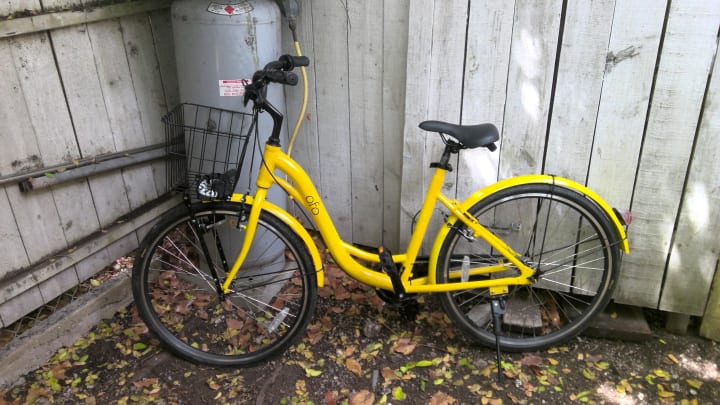
Very radical. Not just a little a lot. I get it. I owned a car until a month ago. Now understand I live in Key West and the whole island is only six square miles. You could technically walk a lot of places but I ride this neon foot powered roadster. It is equipped with lights that only come on when you pedal and it is dark out. I wasn't even trying to be that crazy environmentally conscious when I bought it but it was literally about the only thing on the island as far as bikes go at the time. We had a shortage. Ofo made this bike. Apparently, they were a bike sharing company out of Beijing that did great then had trouble (What is Ofo?). Now, I am the proud owner. It ran me about $300, courtesy of RoMan at "The Bike Shop" in Key West. Bonus, forced exercise plan.
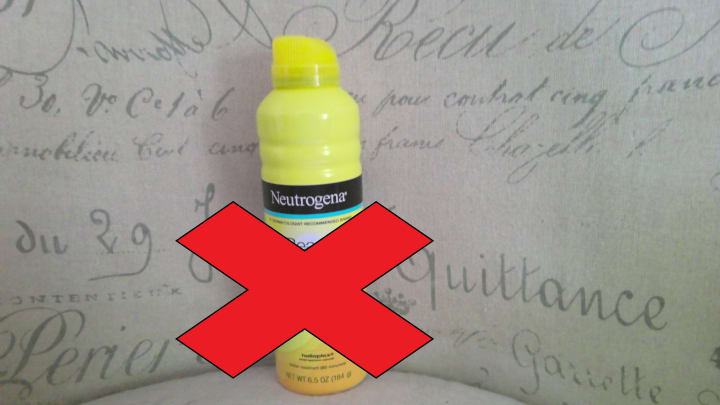
This one is going to be a new and hard one for me on a personal note. But change is good. I try to do what comes to my mind to help the planet. I did not know until I lived on a reef that certain sunscreens erode said reef that I live on. This switch has the potential to burn me literally. The sun is harsh here and probably the culprit ingredients are helping save my skin. I have done a little research. I'm not fully committed yet as you can see. I have the Neutrogena which works and I know it does. Living in Key West I have to use this every day. So, not excited about the trial and error process to find which one of these works best and is most cost effective.
According to National Ocean Services the following chemicals are harmful to marine life: 3-Benzylidene Camphor . 4-Methylbenzlidene Camphor . Octocrylene . Benzophenone 1 . Benzophenone 8 . OD-PABA . nano-Titanium dioxide . nano-Zinc oxide . Octinoxate . Oxybenzone. (Skincare Chemicals and Coral Reefs)
You can click on the link below for graphic on National Ocean Services page that explains how chemicals harm specific marine life.
Reef Relief. Org recommends the following sunscreen:
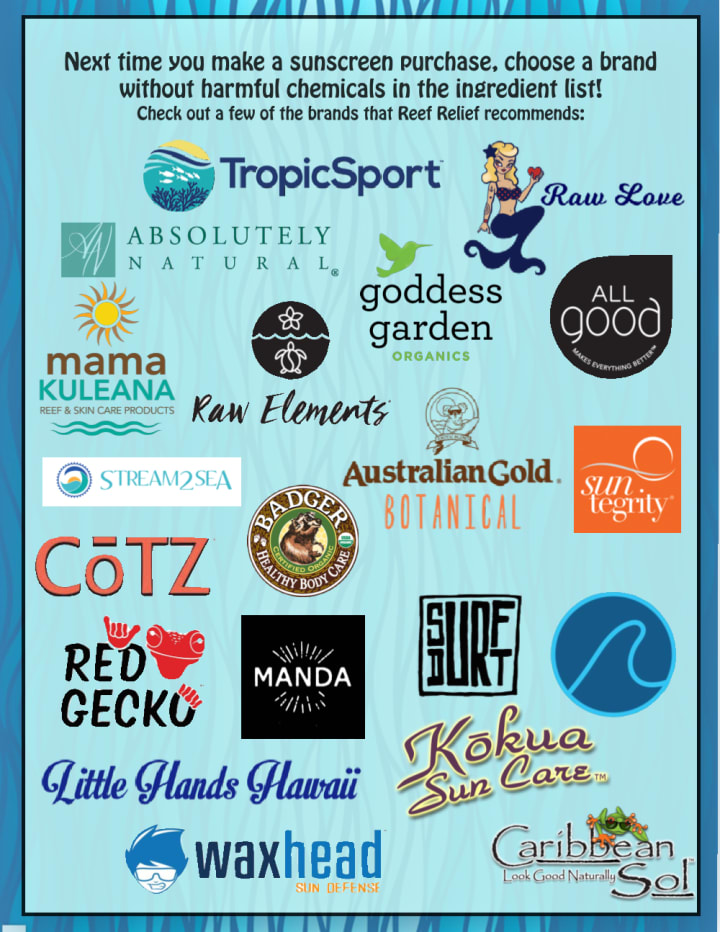
References:
Reduce, Recycle, Reuse. National Museum of American History. https://americanhistory.si.edu/collections/search/object/nmah_1284430
Reef Friendly Sunscreen Brands Graphic. https://www.reefrelief.org/responsible-sunscreen/
Sunscreen Chemicals and Coral Reefs. https://oceanservice.noaa.gov/news/sunscreen-corals.html
What is Ofo? https://www.abacusnews.com/china-tech-city/company/ofo
About the Creator
Enjoyed the story? Support the Creator.
Subscribe for free to receive all their stories in your feed. You could also pledge your support or give them a one-off tip, letting them know you appreciate their work.


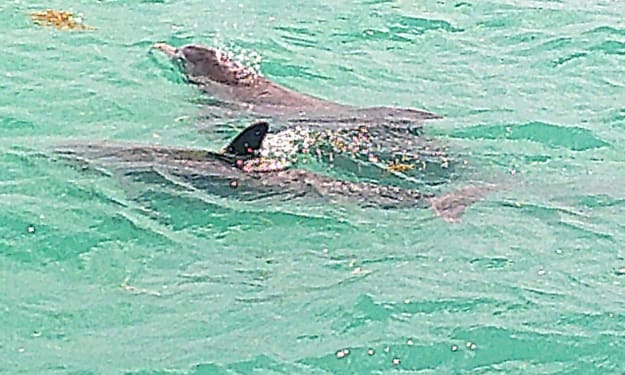
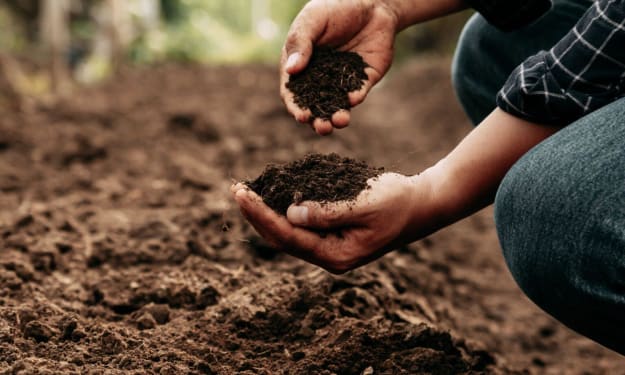
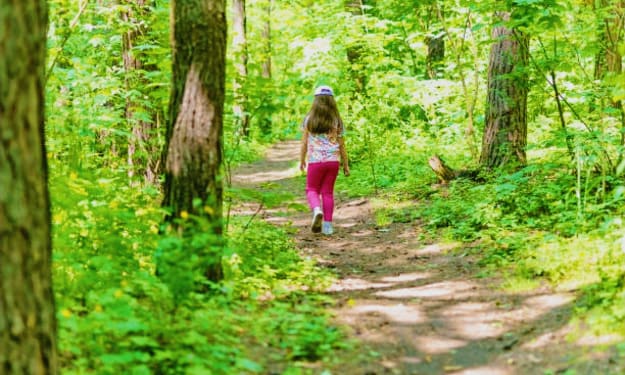

Comments
There are no comments for this story
Be the first to respond and start the conversation.